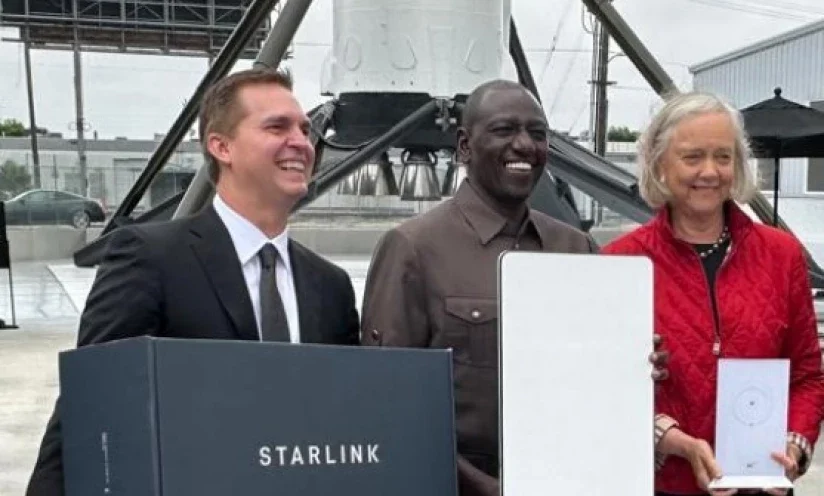Kenya’s Communications Authority (CA) has put forward a controversial proposal to raise satellite license fees, potentially making it harder for companies like Starlink to operate in the country.
Under the new plan, the initial Satellite Landing Rights (SLR) license fee would increase from $12,500 (about KSh 1.6 million) to a staggering KSh 15 million.
On top of that, companies would face an annual operating fee of KSh 4 million or 0.4% of their gross turnover, whichever is higher.
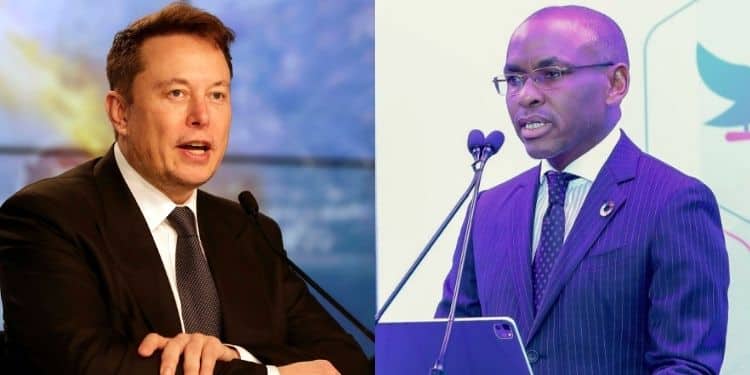
Elon Musk (L) and Peter Ndegwa (R). Source: Facebook
This proposal, which has left many wondering about its true intentions, comes just months after Starlink launched in Kenya.
The American satellite company, owned by Elon Musk, has made a splash with affordable, high-speed internet that has quickly won over thousands of Kenyans, particularly in underserved areas.
By mid-2024, Starlink had over 8,000 subscribers, and its affordable pricing has allowed many to access internet services previously out of reach. However, the popularity of Starlink seems to have ruffled some feathers.
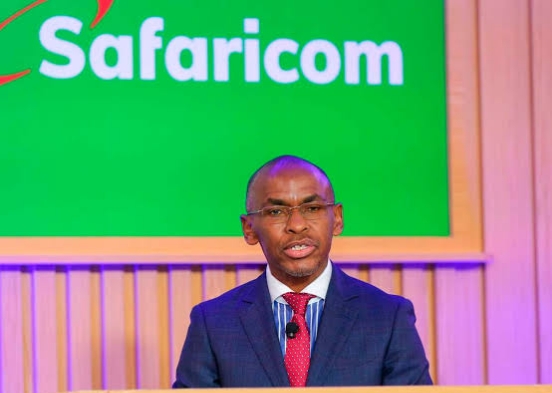
Safaricom CEO Peter Ndegwa. Photo: Citizen TV Kenya Source: Facebook
Safaricom, Kenya’s telecom giant, has long opposed Starlink’s entry into the local market.
The company, which controls a massive portion of Kenya’s broadband market, has raised concerns over the potential risks of satellite internet, including illegal connections and interference with mobile networks.
However, many suspect that Safaricom’s objections have more to do with maintaining its market dominance than genuine concerns.
The telecom giant has faced its own share of scandals over the years.
Safaricom has been accused of sharing call record data with rogue police officers, leading to the abduction and torture of Kenyans, some of whom were kept in dark, undisclosed locations for days.
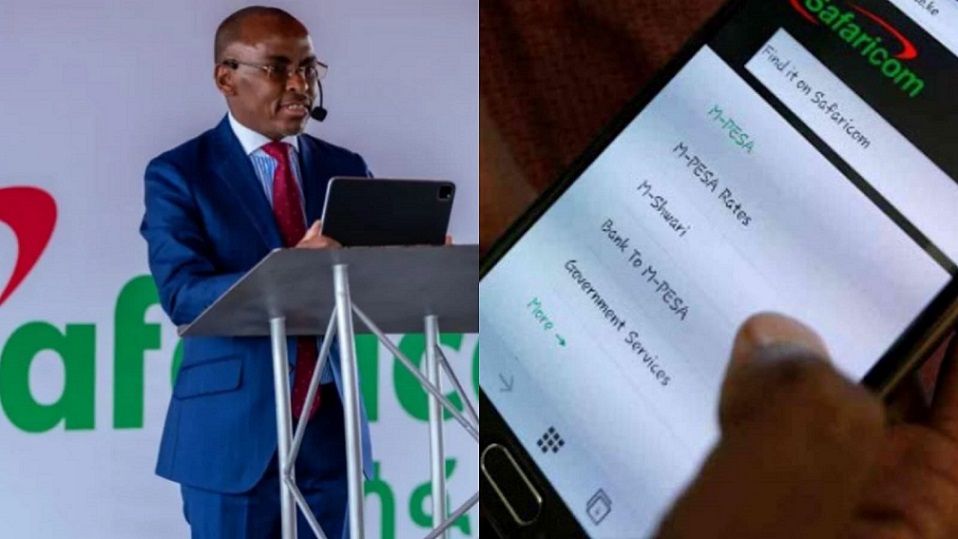
Safaricom PLC CEO Peter Ndegwa delivers a keynote speech. Photo: The Star Source: Facebook
On top of this, the company has been criticised for providing poor customer service, high fees, and failing to tackle rising fraud cases, including SIM swap scams that have left many Kenyans vulnerable.
In light of this, some see the CA’s proposed fee hike as a move to make it harder for satellite providers like Starlink to thrive.
This, they argue, would help Safaricom maintain its grip on the market, even as many Kenyans continue to struggle with expensive and unreliable internet services.
While the CA insists the changes aim to streamline regulation and remove barriers to market entry, many are questioning whether the real motive is to protect the interests of Kenya’s largest telecom provider.
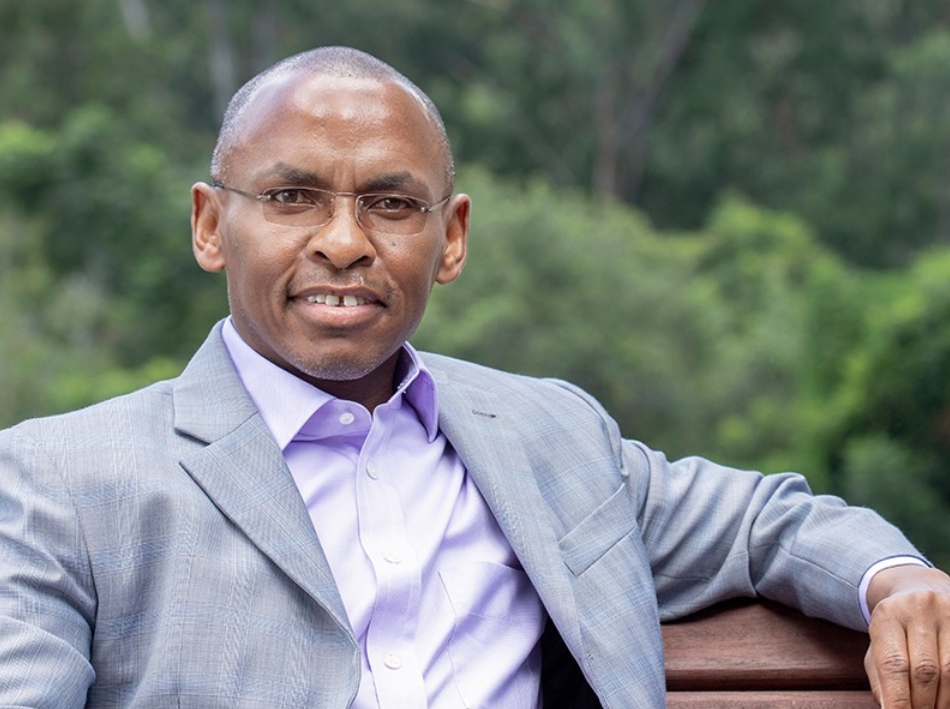
Safaricom CEO Peter Ndegwa. Source: Facebook
As stakeholders prepare to submit their feedback by January 23, the tension between fostering competition and protecting entrenched players is only growing.
Will the new regulations improve Kenya’s internet landscape, or will they stifle the innovation that Starlink has brought to the table? Time will tell.


